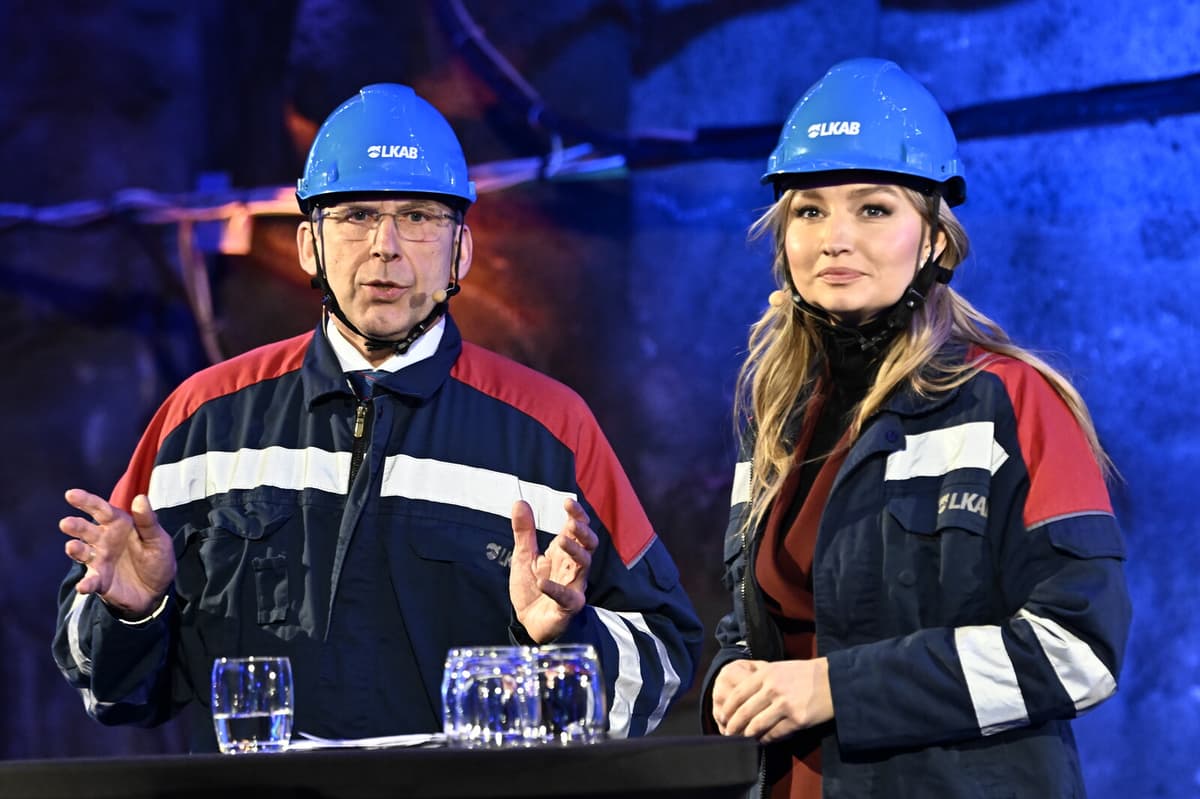Future investments are being reprioritized when new discoveries have been made. And then parts of the transition to fossil-free production of iron ore in Kiruna are being pushed back, writes Dagens industri.
What affects is the tempo, says Niklas Johansson, communications director at LKAB, to TT.
The Gällivare plans for iron ore, which concern the next decade, remain unchanged, continues Niklas Johansson.
The transition, which was announced in 2020, would have meant that LKAB would need 50 terawatt-hours (TWh) of electricity by 2040, an amount that would have grown to 70 TWh by 2050, which corresponds to approximately half of Sweden's electricity consumption today.
The electricity issue is not decisive for the decision to reprioritize, although it plays a role.
Our hybrit demo (production of fossil-free iron ore), which requires around 5 TWh, there we feel fairly confident that there will be electricity available until 2030. Then when we scale up, there hasn't been enough, says Niklas Johansson.
When LKAB reduces its need for electricity, at least in the short term, the company is just one more in a row of major electricity consumers who are pushing back their plans.
Thus, the risk increases that electricity producers will become more cautious in their investment plans.
Clarity going forward for all actors is important, it must go hand in hand, says Johansson.






